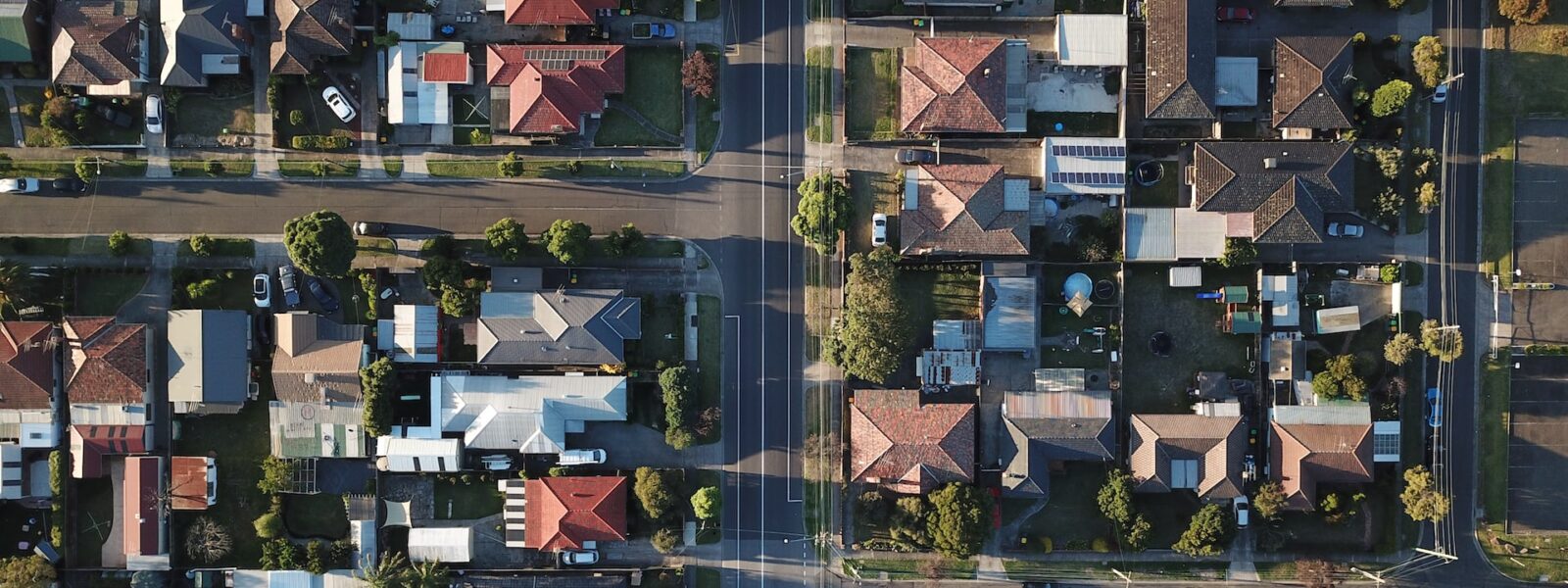Important updates to our Australian emigration services
We have withdrawn our Australian emigration legal services as of April 2024 and are unable to assist with enquiries or advice about moving to Australia.
This information remains accessible to aid anyone wishing to make the move to Australia, however please note that this information was last updated in August 2023.
Emigrate to Australia is a London-based Australian emigration service who may be able to assist with any enquiries, however please note that we do not endorse any one provider’s services. They can be contacted on 020 7427 5290.
So you’ve decided to make the move, you’ve got your visa and now all that’s left is buying a house in Australia. As it’s the last step in your journey, it has a lot riding on it, meaning stress could be at an all-time high!
No need to fear though – we’ve got you covered. In the last part of our ‘Moving to Australia’ series, we cover the main differences in the housing process between the UK and Australia. This includes any legal or financial considerations, making an offer, conveyancing and eventually moving in.
Considerations
First and foremost, when moving to Australia, you’ll need to decide where to live. Your reasons for moving to the country in the first place will obviously dictate this, whether it be for work or family. However, you’ll want to choose an area that’s both affordable and local to where you need to be.
For example, if you’re looking to move to Sydney for work, you’ll need to consider the higher price of living, the busy city life.
Also, you’ll need to consider the restrictions of using UK-held equity when purchasing a house in Australia. There are many laws that restrict buyers from doing this, so it’s best to consult an expert to know what position you’re in.
What visa do I need to buy a house in Australia?
Any visa that grants you permanent residence entitles you to the same rights as Australian citizens. Many visas can grant you permanent residency, such as the Skilled Independent Visa (subclass 189) and Skilled Nominated Visa (subclass 190).
Alternatively, temporary residents and foreign non-residents face various restrictions when trying to buy a property. Temporary residents include visas that permit their stay for longer than 12 months, whilst foreign non-residents have less than 12.
Check out our blog on Australian Visas for UK Citizens to find out more.
Am I eligible to buy a house in Australia?
If you are not a permanent resident, you may face some restrictions in buying a house in Australia.
You’ll need the approval of the Foreign Investment Review Board (FIRB) to buy a property, unless you are:
Married to an Australian citizen, permanent resident or eligible New Zealand citizen
You hold a special category visa
For a property worth under AUD 1,000,000 (worth roughly £544,000), you’ll need to pay an application fee of AUD 5,800 (worth roughly £3,160). This process can take up to 30 days and is vital to obtain before purchasing a property.
The only scenario in which you will not need FIRB approval is when you’re in a joint tenant agreement with your spouse who is Australia. Importantly, if you’re a temporary resident, you’ll need to sell your house as soon as you leave the country.
If you breach any FIRB policies (i.e. ignore or go against), it will incur a criminal penalty.
Does it matter what type of house I purchase?
Australia separates residential properties into two categories: new dwellings and established dwellings.
New dwellings are new homes that have not previously been sold as a dwelling. They have typically never had a previous occupant.
There are no limits as to the number of new dwellings that a temporary resident can purchase. However, you will always require FIRB approval before doing so.
Established dwellings are homes that are on the secondary market. Dwellings with current or previous occupants will fall into the established category.
Temporary residents are limited to purchasing one established dwelling to live in whilst in Australia. You will also need to seek FIRB approval when looking to buy or redevelop an established property.
What happens once I buy a house?
Once the sale goes through, you’ll immediately need to pay a deposit equating to 10% of the property’s price. Some contracts will induce a cooling-off period of around 42 days.
If all goes smoothly, the title deeds should clear and the property will be yours six weeks later.
Can I receive Australian home loans?
Most Australian senders have strict rules that mean you must be an Australian citizen to use them as a home loan provider. Many that do loan to non-Australian citizens make it more difficult by doing things such as:
- Increasing the asking interest rate
- Requiring a larger deposit
- Restricting foreign income to pay for the loan
However there are internationally recognised banks that operate within Australia that can assist with home loans – HSBC for example.
To help with this process, ensure you take a copy of your credit history with you to Australia.
What other costs accompany buying a house?
Aside from the cost of the actual house, there are a number of taxes and fees that you will need to pay. Some of these costs include:
- Home and Contents Insurance
- Moving Costs and Utilities
- Council rate
On top of these fees, you’ll need to pay:
- Stamp Duty – a general tax that applies to documents like title transfers
- Legal and conveyancing costs
- FIRB approval fees
All in all, you should expect to pay around 5% of the total property price in fees.

